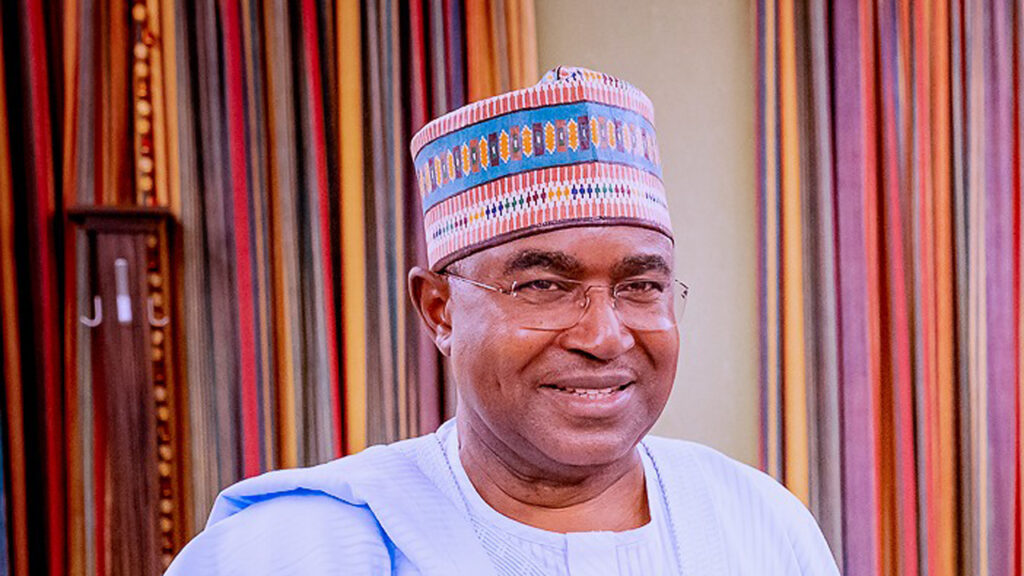
NRGI raise concerns over $14b gas fund, implement policy
Construction of the Nigeria-Morocco gas export pipeline, expansion of Nigerian Liquified Natural Gas (NLNG) facility, revival of Nigerian Gas Flare Commercialisation Programme (NGFCP) and many ambitions raised under the Nigerian decade of gas policy may face implementation challenges, Natural Resources Governance Institute (NRGI) has observed.
The body also said there are indications that the country’s gas resources and awaiting pipeline might become stranded due to energy transition challenges.
The institute, in an insight published on its website, also expressed worry over the actualisation of Nigeria’s plan to unlock 3.1 billion standard cubic feet of gas per day, while attracting $14 billion in foreign direct investment, creating over two million jobs and adding $12 billion to government’s revenue.
Senior Officer, Tengi Gorge-Ikoli, Lead Domestic Energy Transition, Aaron Sayne and African Director, Nafi Chinery, who authored the report, are concerned about climate change challenges and dwindling funds for fossil fuel projects.
While Nigeria has over 209 trillion cubic feet of gas on paper, power plants are currently struggling to operate due to gas shortages. With the building of resources coming from associated fields, most intending projects are struggling to find gas field stock, even as existing organisations like the Nigerian LNG are operating at about 50 per cent less than their capacity.
While the Federal Government launched the decade of gas policy about four years ago, promising to prioritise gas, operators in the sector are owed over $1 billion in legacy debts.
With just about five per cent of funding coming to Africa and largely going to Mozambique, NRGI sees tougher times ahead for Nigeria, even as they insisted that the gas plan of the government does not align with its energy transition plan.
“If countries’ commitments to combat climate change hold, Nigeria may be unable to export gas at the level it has come to rely on. That could potentially lead to stranded assets, including pipeline investments to Europe, and infrastructure lock-in if renewable demand increases.”
“Similarly, as gas production and use expand, the release of methane from flaring and venting gas, and fugitive emissions, will likely increase. Those increased emissions will limit Nigeria’s ability to fulfil global methane emission reduction commitments, and also impact the health and environmental safety of nearby communities,” NRGI said.
NRGI asked the government to manage its plans by regurgitating all previous gas plans’ ambitions within the context of global commitments to defund fossil fuel investments is unrealistic.
It also asked for public disclosure of the comprehensive details of gas plans, maintaining that the Decade of Gas Policy was neither approved by the Federal Executive Council nor published.
NRGI equally called for alignment of the plan with national, subnational and energy transition plans, urging the Federal Ministry of Petroleum Resources (Gas) to work with the National Council on Climate Change and the Energy Transition Office to align gas plans with the energy transition plans to ensure sustainability.
The Federal Ministry of Petroleum Resources (Gas) and the Federal Ministry of Environment should properly assess the risks involved with gas expansion, and create a strategy to minimize the impacts, maximise the benefits, phase out oil and gas assets, and plan for a post-oil and gas future, the institute noted













